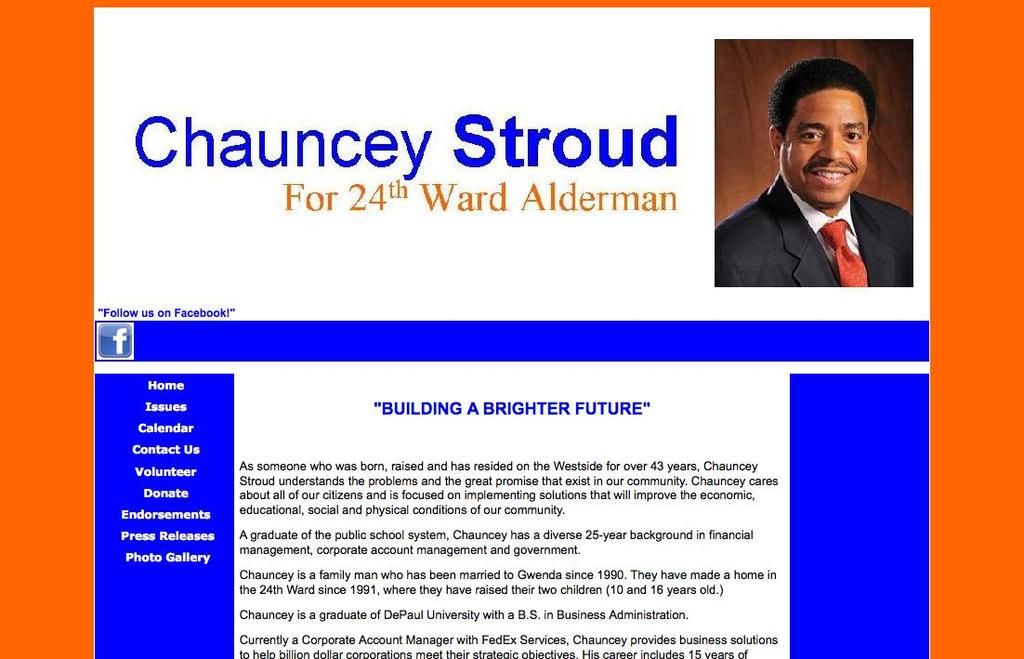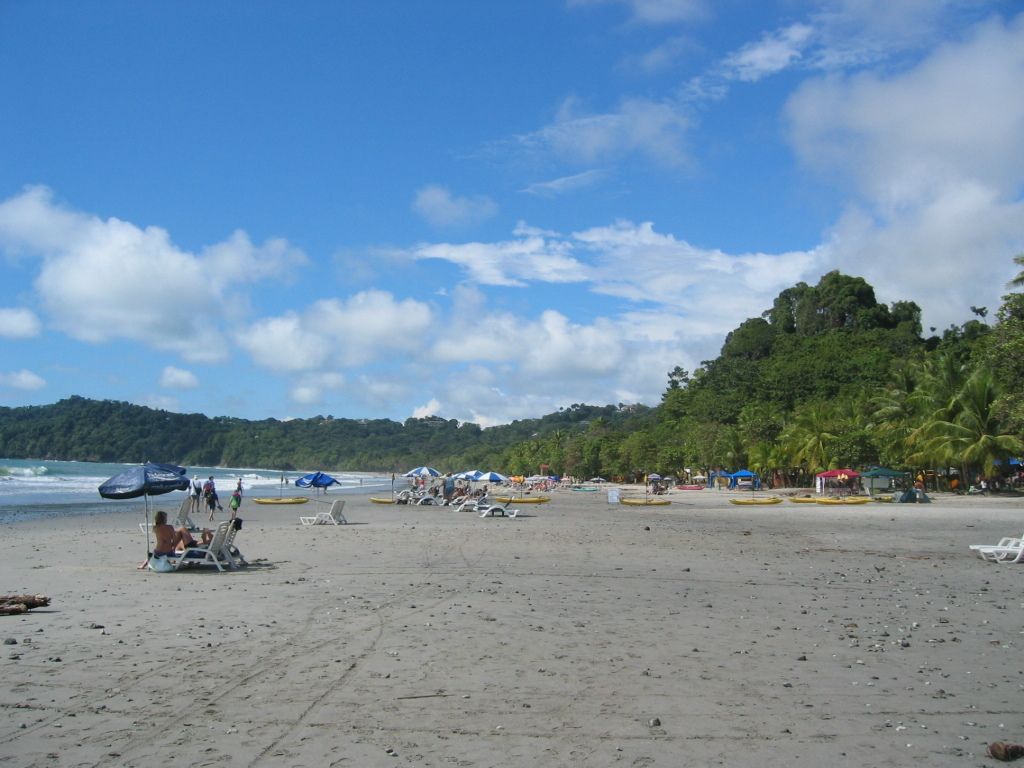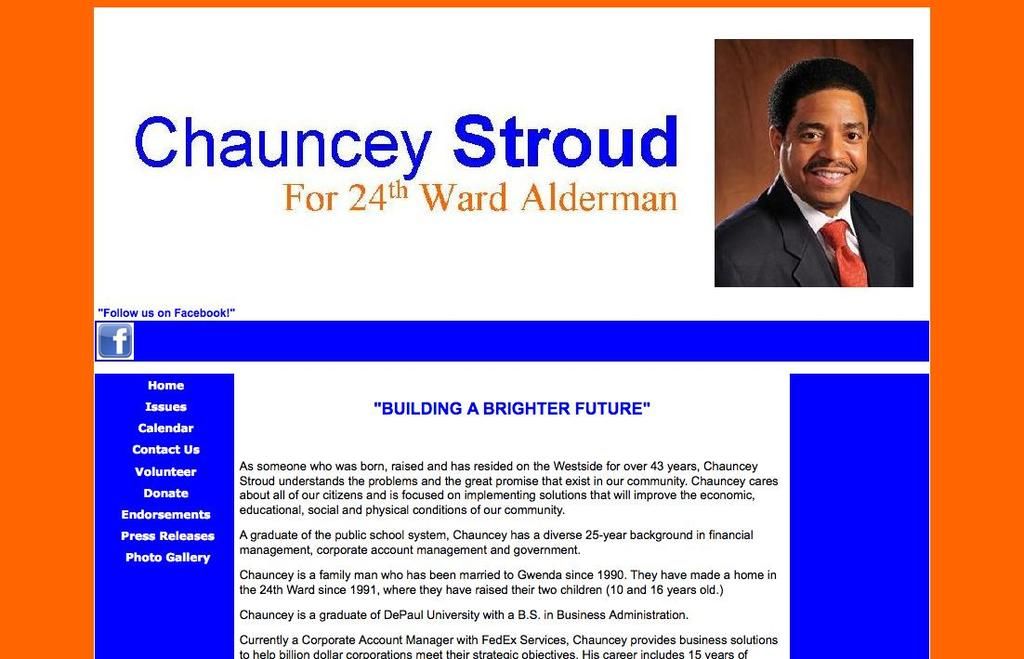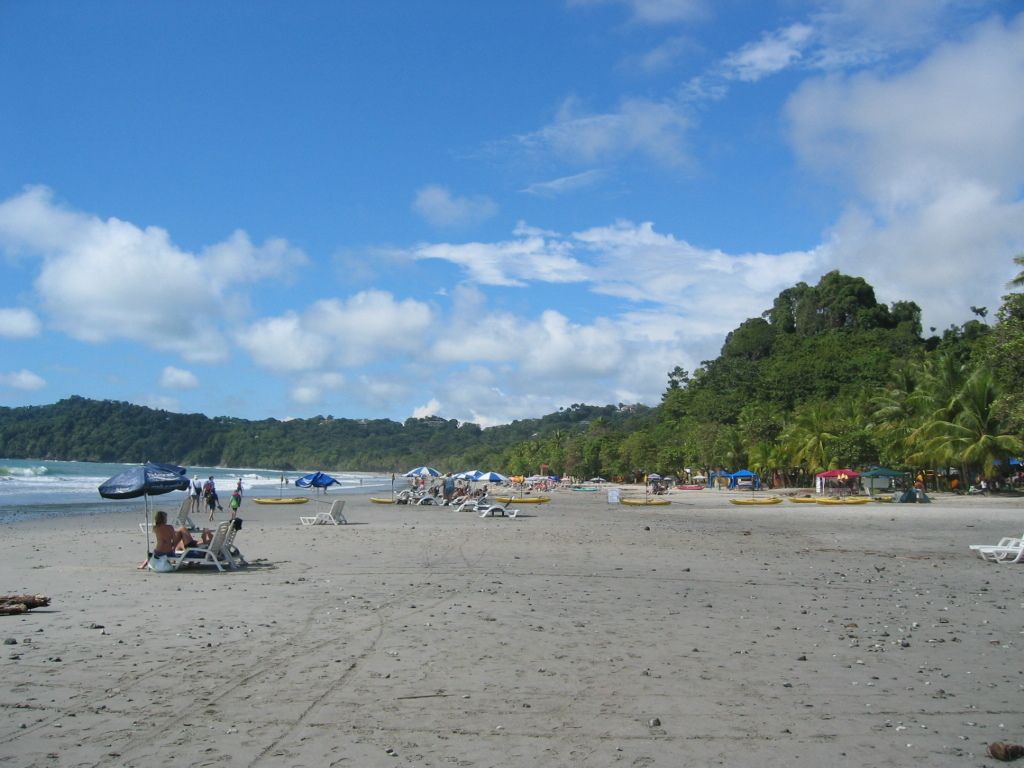Proponent Speaks Out Against Proposed Regulation to Authorize Stadium-Based Sportsbooks in Chicago
The turf war over gaming in Chicago has already begun, even before the first retail wager has been placed. Neil Bluhm, co-founder and CEO of Rush Street Gaming, has come out strongly against a proposed Chicago ordinance that could lift the home-rule ban on sports betting in the city and allow retail sportsbooks at its five stadiums or nearby buildings.
This ordinance was first submitted by Alderman Walter Burnett in July, but it was rerouted by Alderman Anthony Beale due to parliamentary procedure. Burnett's ward includes the United Center, home of the Bulls and Blackhawks. The meeting to discuss this proposal took place less than a week after the city accepted five bids for the casino license available for downtown Chicago. Rush Street Gaming provided two of these bids, with plans for a casino at the Lakeside Center south of Soldier Field and another potential location in the South Loop. Both hope to be the one selected to open a casino in one of the country's top third cities by 2025.
The law allowing sports wagering in Illinois, signed by Gov. JB Pritzker in June 2019, states that Wrigley Field, Soldier Field, Guaranteed Rate Field, and the United Center are eligible to apply for a sports facility sports wagering license. A signature on HB 3136, passed overwhelmingly last month, would make Wintrust Arena eligible as well. The law allows for a retail sportsbook to conduct wagering either on site or within a five-block radius of the venue. Wrigley Field is the furthest along, as the Cubs and DraftKings entered an agreement in September 2020 to construct a sportsbook near the iconic ballpark.
Bluhm's Revenue Concerns
With billions on the line, Neil Bluhm, who has an ownership stake in both the Bulls and White Sox, is voicing his opposition to the sportsbook ordinance. He argues that it would create significant competition for the Chicago casino, wherever it is located, and could lead to a drain on potential revenue. Rush Street Gaming retained two analytic groups to conduct an economic impact study of stadium gambling on the proposed downtown casino, and they projected that the casino's revenue for retail sports betting alone would drop from $40 million per year to $13 million if sports wagering was allowed at the stadiums.
Bluhm claims the ordinance would also hurt the casino by reducing the number of sports bettors who would walk around the casino and play slots and table games, as well as patrons visiting the restaurants at the casino. He estimates that, with sports betting competition, the downtown casino would generate $61 million less revenue from slots and table games annually on top of the $27 million drop in sports betting revenue, resulting in a combined loss of over $88 million per year, which would account for more than 10% of the $800 million in projected revenue a downtown casino would generate according to a Union Gaming Analytics study in 2019 presented to the Illinois Gaming Board.
Lobbyists counter Bluhm's Claims
While Bluhm's concerns are causing a stir, lobbyists such as Grant Govertsen, managing director of CBRE Capital Advisors, are coming out in favor of the ordinance. Govertsen cites the low percentages that retail sports wagering revenue creates in relation to mobile sports wagering and traditional casino revenue, stating that Illinois' current breakout of nearly 96% of handle being generated by mobile wagering will become the norm, further lessening retail handle and revenue. With sports betting at venues like stadiums and arenas unlikely to have a material impact on traditional casino revenue, Govertsen's group does not expect that retail sports betting would significantly impact the Chicago casino.
Mara Georges, a registered lobbyist for the United Center and Wrigley Field Holdings, echoes Govertsen's position. She says that once a sportsbook for the United Center is licensed, it would lead to the development of a sports-themed restaurant and bar that would create temporary construction jobs and permanent service positions. Georges also argues that the ordinance is essential for unlocking millions of dollars for the local economy and that adding additional taxes on top of the current tax rate would discourage mobile wagering instead of driving retail traffic to the city's venues.
Stakes are high as Chicago mayors have long sought to bring a casino to the city, with Lori Lightfoot being the closest yet. However, concerns about the potential impact of allowing retail sportsbooks in the city have arisen, particularly in regards to the tax receipts from downtown casino revenue being used to fund pensions for the police and fire departments. It remains to be seen how these debates will unfold and how they will impact the gaming landscape in Chicago.
warns of potential regulation changes at both the state and federal level that could affect the gaming industry[2], particularly in terms of credit card usage for sports betting and potential online casino legalization[3]. Regulations like the ban on credit card usage aim to reduce problem gambling risks, while online casino legalization could expand revenue streams for existing operators like Rush Street[3][4]. However, ongoing issues with payment disputes between gamblers and operators also highlight the risks associated with the industry[3][5]. These factors, along with the outcome of the ongoing debates in Chicago, will shape the future of the gaming industry in the city.
- Neil Bluhm, an influential figure in the sports, finance, and business worlds due to his ownership stake in the Bulls, Blackhawks, and White Sox, has voiced opposition to the Chicago sports betting ordinance.
- Bluhm argues that the ordinance would create significant competition for the future Chicago casino, potentially draining potential revenue, and reducing foot traffic for slots, table games, and restaurants at the casino.
- The economic impact study conducted by Rush Street Gaming's analytic groups predicts that the downtown casino's sports betting revenue could drop from $40 million to $13 million annually if sports wagering is allowed at stadiums.
- Grant Govertsen, a prominent lobbyist, supports the sports betting ordinance, arguing that retail sports betting's impact on traditional casino revenue will be minimal due to the growth of mobile sports wagering.
- Lobbyist Mara Georges, representing the United Center and Wrigley Field Holdings, supports the ordinance, stating it would lead to temporary construction jobs, permanent service positions, and economic benefits for the local community.
- In the context of Chicago's long-standing efforts to bring a casino to the city, concerns about the impact of retail sportsbooks on pension funding for police and fire departments have arisen.
- The future of the gaming industry in Chicago will be shaped by potential regulation changes at both the state and federal levels, including credit card usage restrictions and online casino legalization, which could impact problem gambling risks and expand revenue streams for operators like Rush Street.
- Ongoing issues with payment disputes between gamblers and operators further highlight the risks associated with the gaming industry, and these factors, along with the outcome of the ongoing debates in Chicago, will influence the future of gaming in the city.








